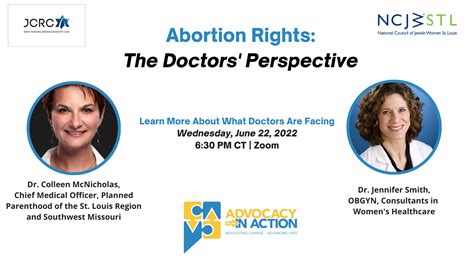Abortion and Intimacy: A Doctor's Perspective
The decision to have an abortion is deeply personal and complex, often intertwined with considerations of intimacy and relationships. As a physician who has witnessed countless patients navigate this difficult terrain, I want to offer a nuanced perspective on the connection between abortion and intimacy, acknowledging the wide range of experiences and emotions involved. This isn't a judgmental discussion; it's a compassionate exploration aiming to provide information and understanding.
How Does Abortion Impact Intimacy?
The impact of abortion on intimacy is highly individual and depends on various factors, including the circumstances surrounding the pregnancy, the individual's personal beliefs, and the support systems available. Some women report feeling a sense of relief and empowerment after an abortion, allowing them to move forward with greater confidence in their relationships and their own bodies. Others may experience a period of emotional processing, which can temporarily affect their intimacy. This isn't necessarily negative; it's a natural part of healing and coming to terms with a significant life event.
It's crucial to remember that there is no "one size fits all" response. Some individuals may experience a strengthening of their relationship with their partner as a result of navigating a challenging decision together. For others, the experience may strain the relationship, highlighting existing vulnerabilities or creating new ones. Open and honest communication is paramount during this time, both with partners and with trusted support networks.
What About the Relationship with One's Body?
The relationship with one's body is profoundly impacted by pregnancy and abortion. Many women feel a deep connection to their bodies during pregnancy, regardless of their decision about continuing the pregnancy. An abortion, therefore, can evoke a complex range of emotions regarding bodily autonomy and self-perception. Some women may feel a sense of loss or grief, while others may feel a sense of relief and control over their bodies and their lives. This spectrum of emotions is entirely valid and should be acknowledged and respected.
Accessing comprehensive post-abortion care, which includes emotional and psychological support, is vital for supporting women in their journey of self-acceptance and healing. This care can help women reconcile the experience with their own values and beliefs and can facilitate a positive relationship with their bodies moving forward.
Does Choosing Abortion Affect Future Relationships?
The impact of abortion on future relationships is largely dependent on the individual's ability to process the experience and integrate it into their life narrative. While some women may experience lingering emotional effects, these are often addressed through appropriate support and self-care. With adequate processing and support, the decision to have an abortion should not negatively impact future relationships or the ability to experience intimacy and connection.
Open and honest communication with future partners about past experiences is crucial for building trust and fostering healthy relationships. Sharing this experience allows for greater understanding and intimacy, helping to build a stronger foundation for the relationship.
Frequently Asked Questions (PAA):
Does having an abortion affect fertility? The vast majority of women who have abortions experience no long-term effect on their fertility. However, it's always a good idea to consult with a healthcare professional about future family planning.
Is it normal to feel sad or guilty after an abortion? It is perfectly normal to experience a range of emotions after an abortion, including sadness, guilt, relief, or even anger. These feelings are a normal response to a complex and often emotionally charged situation. Seeking professional support is recommended if these feelings become overwhelming or persistent.
What kind of support is available after an abortion? Many organizations and healthcare providers offer comprehensive post-abortion care, including counseling, support groups, and follow-up appointments. These resources can provide emotional support, practical assistance, and help with processing the experience.
Can an abortion damage my reproductive health? Complications from abortion are rare when the procedure is performed by a qualified healthcare professional in a safe environment. However, as with any medical procedure, there are potential risks that should be discussed with a doctor beforehand.
How do I talk to my partner about my abortion? Open and honest communication is essential. Choose a comfortable time and setting to discuss your feelings and concerns. Be prepared for a variety of emotional responses from your partner, and be patient and understanding. Seeking couples counseling can be helpful if needed.
This article offers a general overview and should not substitute for professional medical advice. It is essential to discuss personal circumstances with a healthcare professional for accurate guidance and support. The decision to have an abortion is intensely personal, and every woman deserves compassion, respect, and access to the information and resources she needs to make informed decisions.

